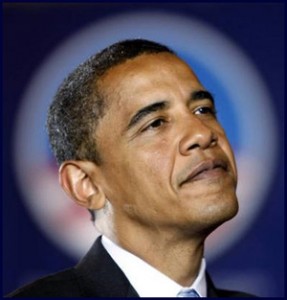All sorts of good things have been happening in Iraq.
Just the other day, the Sunni bloc formally ended its twelve month boycott of the Maliki government and has been given 6 ministeries including the Deputy Prime Minister post. In other news, coalitions of tribes in both Anbar and Najaf have taken the decision to participate in the upcoming elections on platforms independent of the existing religious parties. These events are just two of many events indicating a realignment of forces which has been occurring over a much longer time period. Central to this has been the decision of the Sunni population to choose the rational option of working with (and seeking the protection of) the US. At the same time, the Maliki government has shown that it is prepared to stand up to the lawlessness of the Sadrist militias. Across the entire country, the Iraqi Security Forces are showing increasing capacity to maintain internal discipline, subordinate sectarian and personal interests, and operate as an arm of the State. Overall, sectarian violence has been reduced by about 80%.
So much for the idea that the situation in Iraq was one of hopeless civil war.
Confronted with the dramatic improvement in Iraq since the Surge began, Obama still maintains that he was correct to vote against it. He now says that the Surge was never necessary because the Iraqis were already on the way to reconciliation before it began! This contradicts the entire basis of his campaign against the war.
Everybody surely knows that Obama’s expressed reason for voting against the Surge was that he believed that the war was hopeless. He’s on the record all over the place as taking the position that Iraq had descended into a severe civil war and that the only chance of improving the situation was to put pressure on the Iraqis to “stand up”and “take responsibility” by withdrawing American support. According to Obama , the Surge was bound to worsen the situation. Continue reading ‘He’s not the messiah, just a very lucky boy’


Recent Comments